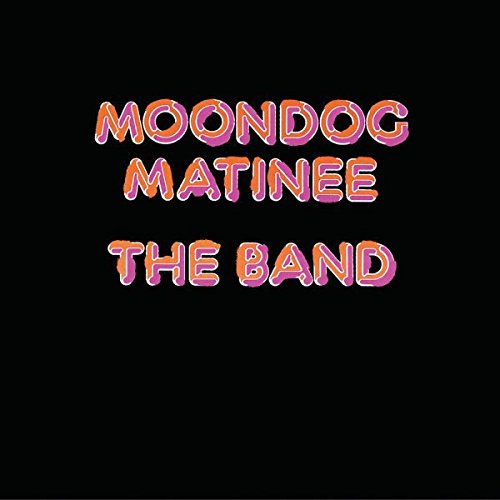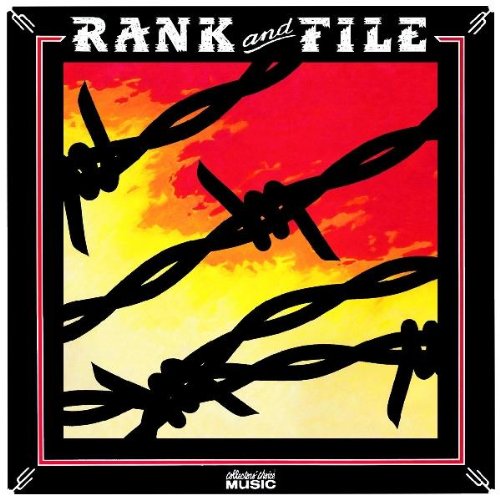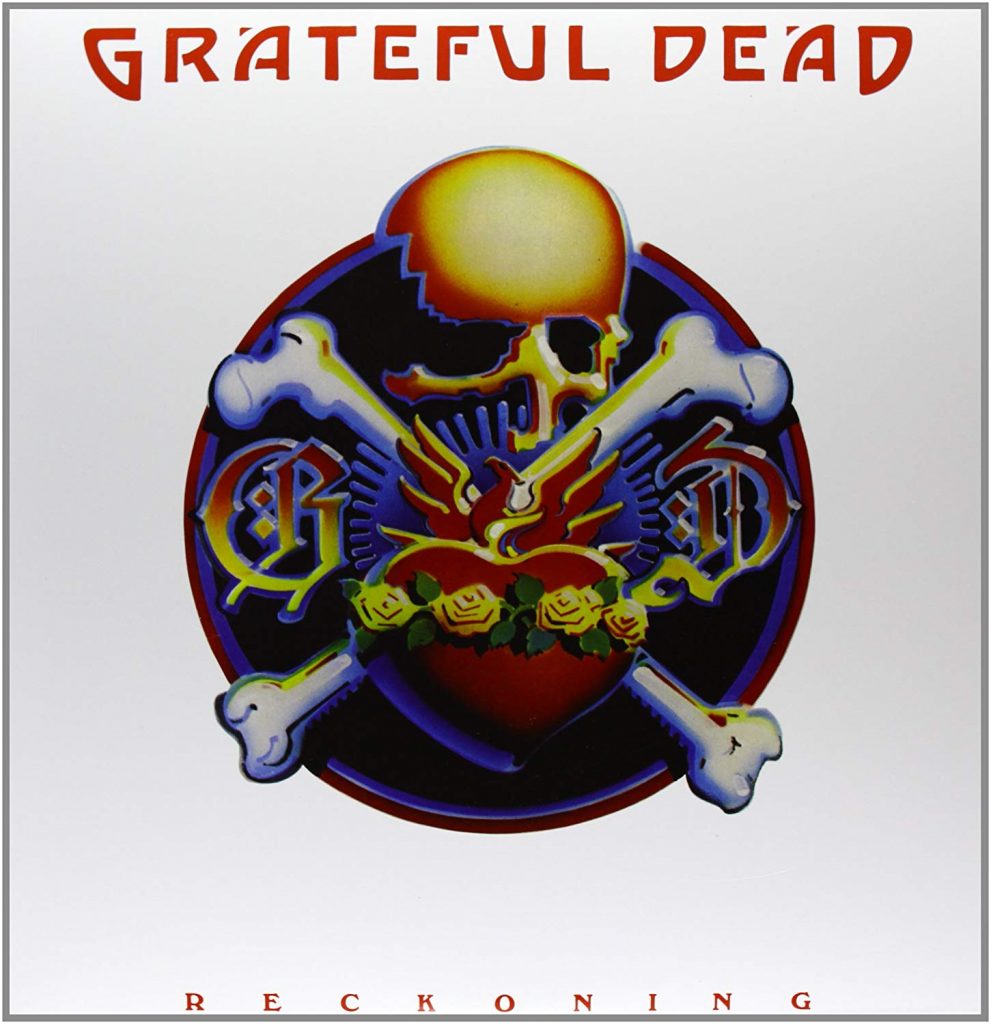This is the inaugural post of More Songs About Buildings and __________, a playlist that will appear on every other Thursday (alternating with In Ten Tracks) based on a 20+ song playlist. The playlist will be annotated to provide additional information about the songs included.
This week’s topic is TRAINS.
PLAYLIST
Songs about trains are part of American mythology, perhaps more so since trains themselves have receded into the distant fog of memory like a steam-propelled Avalon. Songs about trains meant excitement and intrigue. They could be a homecoming or they could represent a separation. Trains carried coal, grain, steel, even cars across the country as well as passengers, paying customers as well as stowaways.
The trains of the early part of the twentieth century were glamorous–recall the way Nick and Nora Charles traveled in relative comfort in Return of the Thin Man, or Bing Crosby, Danny Kaye, Rosemary Clooney, and Vera-Ellen singing about “Snow” in the dining car in White Christmas.
But the trains of country, folk, blues, and rock songs are often of the older, less glamorous time. The times that the railroads were built, making travel faster and hastening the expansion of the United States Westward. In rural America the trains seemed as though they could travel between the worlds of life and death, leading to songs about trains like “In the Pines” and “Mystery Train,” performed here by The Band on their album of covers Moondog Matinee.

“Mystery Train” was, of course, recorded by Elvis Presley in 1955, but it was written and originally recorded by blues singer Junior Parker in 1953. The train is ‘sixteen coaches long’ just as in The Carter Family’s ‘Worried Man Blues’ and it’s ‘long and black.’ These attributes are mentioned in the song “In the Pines” as well: a sleek black train, ‘the longest train I ever saw’ takes the singer’s girl away. These mysterious phantom trains take people away and they never seem to bring anyone back, leading to the assumption that they are vehicles of the grim reaper.
The Band performed “Mystery Train” at its final Last Waltz Concert with Paul Butterfield. This playlist also includes the Paul Butterfield Blues Band‘s take on the Muddy Waters song “Two Trains Running.”
“The Wabash Cannonball” was, according to folk singer and labor organizer Utah Phillips, a mythical train that appeared at the death of a hobo. This ‘death coach’ would carry the hobo’s soul to his final destination. The song, heard here by Johnny Cash, is about the travels and scenery encountered by the train on its route, until the final verse, also heard on Roy Acuff’s version of the song:
Here’s to Daddy Claxton; may his name forever stand,
And always be remembered ’round the courts of Alabam.’
His earthly race is over; the curtains ’round him fall.
We’ll carry him home to victory on the Wabash Cannonball.
Claxton was a farmer who stole a train because he, like most farmers, couldn’t afford the high rates that the railroads charged to move livestock and crops. The railroads had a monopoly and there were no other forms of transport at the time so the farmers had little choice but to pay the fees, which broke many of them. Claxton was arrested and tried though he may have avoided jail. But he was remembered in the song after his death.

Rank and File’s “Conductor Wears Black” is about another train that’s headed for a destination most of us would rather avoid. The Kinman Brothers and Alejandro Escovedo formed this ‘cowpunk’ band in 1981 and released their Slash records debut Sundown (from which this song is taken) the following year. Mixing real country with the revved-up energy of punk didn’t really fly back then and the band lasted for just three records–but that was not their fault. Their downfall was that they took country music seriously at a time when it wasn’t cool to do so with an audience that was openly antagonistic towards anything twangy. In retrospect, their lean, clean take on country was spot on and this song is an instant classic.
Another common theme in songs about trains is that of the runaway train or the train accident, and here there are examples too numerous to mention. A couple of exhibits from the Grateful Dead illustrate this type of song. The story of a monkey who hijacks a train and ‘disaster averted’ as Bob Weir comments in his introduction, was written by Jesse Fuller, a songwriter and one man band performer who recorded the song in 1961. This live acoustic version comes from the Reckoning album released in 1981.

“Casey Jones” from Workingman’s Dead is one of the group’s better-known bands among mainstream audiences. The song, with lyrics by Robert Hunter, takes the traditional Casey Jones legend and other songs written about him (such as the one by Mississipi John Hurt) and makes it a Dead song, complete with a cocaine-sniffing engineer, a sleeping switchman, a train headed for disaster and even a mysterious ‘lady in red.’
Not all trains are actual trains. Some are metaphorical, and even though Freud would probably argue that sometimes a train is just a train, they make handy symbols for a variety of situations. Ozzy Osbourne’s ‘Crazy Train’ became his default theme song during his solo career, with an assist from guitarist Randy Rhodes whose guitar riffing on the track may well have revived Ozzy’s career singlehandedly. Sadly, Rhodes died in a plane crash while on tour with Osbourne less than a year after this track was released.
“Peace Train” from Yusuf/Cat Stevens’ album Teaser and the Firecat is a slice of good-timey 1970s peace vibin’ and it’s got a great sound with its single handclaps, even though it annoyed Robert Christgau when it was released: “…When Stevens informs the world that we’re all on a peace train, I get annoyed. We’re not, and if Stevens ever stops shaking his head long enough to see clearly for a second, he might realize it.” (Robert Christgau, “Cat Stevens”, rpt. Any Old Way You Choose It: Rock and Other Pop Music, 1967–1973, Baltimore: Penguin, 1973, p. 215)
10,000 Maniacs included a nice version of Stevens’ song on their In My Tribe album but had it removed from subsequent pressings after Stevens’ comments which many interpreted as calling for the death of writer Salman Rushdie.
You could make a list a mile wide of songs about trains in the blues and jazz category, and there are quite a few in the soul and TR&B genres as well. The O’Jays’ “Love Train” is a wonderful slab of Philly soul written by Kenny Gamble and Leon Huff and it chugs along beautifully with the Philadelphia International house band and the wonderful O’Jays vocal layers that make it a celebration.
A video was made that shows Amtrack and commuter trains as well as people forming a ‘Love Train’ and dancing. And if you wanna dance, try out the Quad City DJs “C’mon and Ride It (The Train).” This 1996 hit record borrows from Barry White’s “Theme from Together Brothers.“
“Midnight Train to Georgia” is an unusual song, and that probably has a lot to do with its staying power, along with the very persuasive version recorded by Gladys Knight and the Pips. Knight recorded a dozen other songs by writer James Weatherley, including “Neither One of Us” and “Best Thing That Ever Happened to Me.” In 2002 he won a landmark lawsuit against Universal Music Group alleging years of royalty underpayments. UMG had cited a one year limit on legal action in the songwriter’s contract, but the Court of Appeals held that such provision could not be used as a defense against underpayment.
Trains still have a romance about them, but the days when they were a major form of transportation for the average person has passed–except the commuter train, which typically covers a shorter distance, but brings people to and from work in city and suburbs daily. In 1981 newcomer Sheena Easton scored a hit with Florrie Palmer’s song “Morning Train (Nine to Five)” which reduced the daily train ride to a dreary routine that is only broken up when Sheena’s hubby arrives home each evening for a bout of hot lovemaking.
There are a lot of songs that romanticize, remember, and mythologize the era of the big trains, and they are some of the best train songs, even if a bit melancholy. Here Johnny Cash sings “I’ve Got a Thing About Trains” and the Kinks remember “Last of the Steam-Powered Trains,” and Earl Scruggs/Tom T Hall talk about how “The Engineers Don’t Wave From The Trains Anymore.” Then there are the times you wait for a train only to find that the person you waited for isn’t coming: “Trains” by the Vapors, “That Train Don’t Stop Here Anymore” by Los Lobos.
Finishing off the list are The Doobie Brothers classic “Long Train Runnin'”, “Hobos Lullaby,” the Woody Guthrie song given a solid reading by Billy Bragg and Joe Henry (from the excellent album Shine a Light: Field Recordings From the Great American Railroad), Lonnie Donegan’s skiffle group (an influence on the Beatles and Van Morrison) does “Rock Island Line,” Phish concentrates on how to get “Back on the Train”, Duke Ellington’s sophisticated classic “Take the ‘A’ Train,” and Kraftwerk takes us on the trains of Europe on their “Trans Europe Express.”
